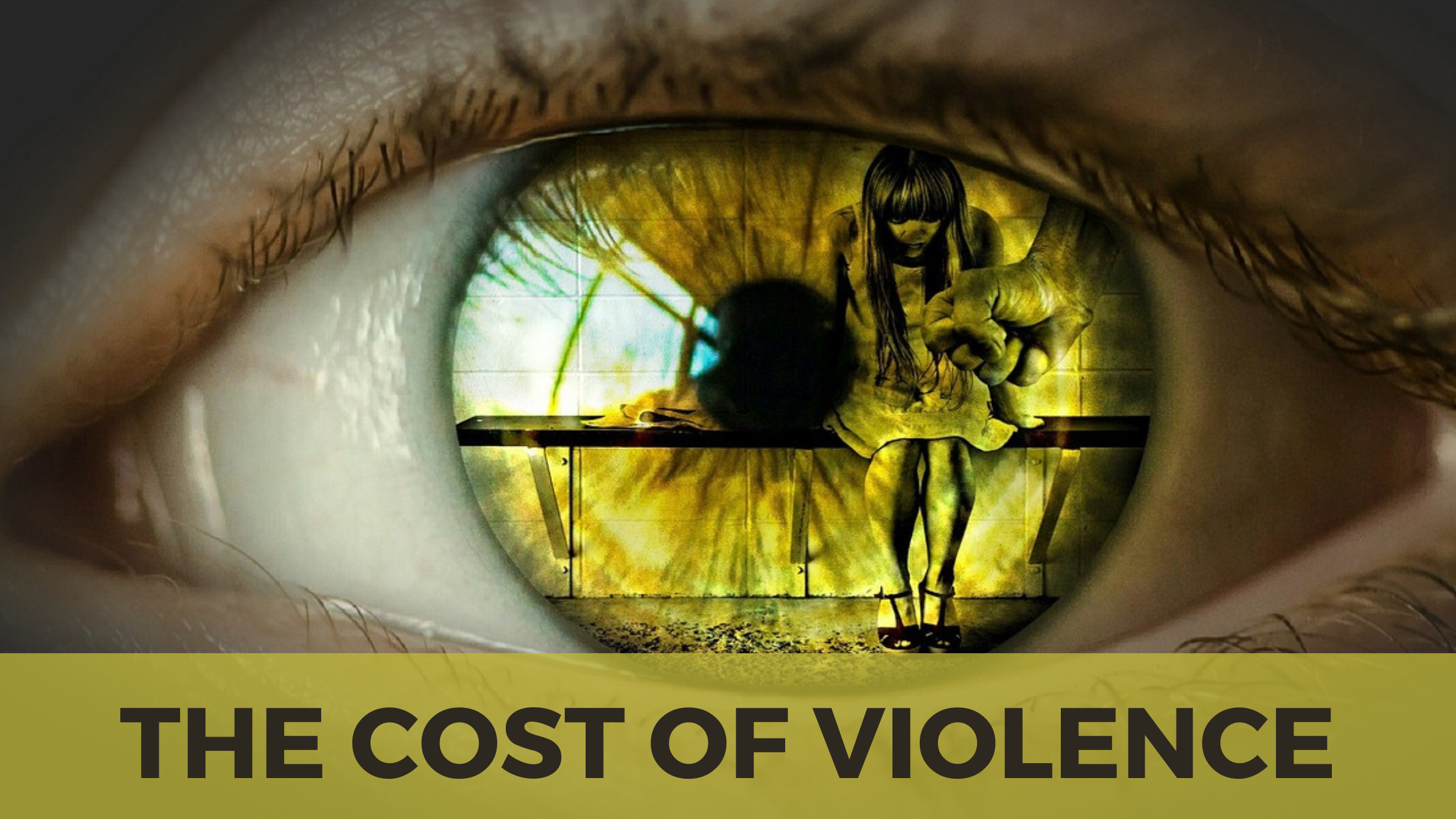“A month ago I came back to office after maternity leave. Everyone was so excited to see me, and I was excited, too—or at least I thought I was. The first couple of weeks felt like a blur of catching up and trying to remember where I left off. Then, something inside me just… snapped.
I don’t know what happened, but it’s like a switch flipped. The smallest things set me off. A question from a colleague, an email notification, the way my husband drops me off at work in the morning—it all feels like a personal attack. I hear myself yelling, my voice rising, and I can’t seem to stop it. It’s a gut-wrenching feeling of being out of control.
Our company, MAZUNO, has a history of this. The founders used to yell a lot, so no one really says anything. They just let me do it. But yesterday, it all came to a head. I was talking to Zoe, and something she said just filled me with a rage I can’t even begin to explain. Before I knew it, my shoe was off my foot and flying across the room. It hit her, and I saw her eyes swell up instantly.
When I looked at her, I saw a flash of fear and hurt in her eyes, and then I saw my own reflection in them. I saw a person I no longer recognize. A person who is falling apart and taking others down with her. The directors were so ashamed. They didn’t say anything, but I could feel their eyes on me. They see what’s happening, and they’re paralyzed because I’m a high performer. They don’t want to lose me, but they’re losing me—and I’m losing myself—a little more each day.
While Matilda is an extreme case of loss of self-control, there are many cases that might not get violent but abuse control; spend more money than necessary, steal from the job, lie or cheat etc.
Self-control is the ability to keep one’s emotional reactions to situations in check. It also includes thinking clearly under pressure. No leader can afford to be controlled by feelings of frustration, disappointment, or anger. Leading people can be anxiety-provoking. Leaders who don’t exercise self-control and vent their feelings in front of others often provoke negative responses from others. Learning to manage your moods and to understand how they impact your decision-making is ultimately one of the more profound personal responsibilities of a leader.
Workers with self-control problems do not work as hard as they would like. This changes the logic of agency theory by partly aligning the interests of the firm and worker: both now value contracts that elicit more effort in the future.
How do you develop self-control?
First understand emotional triggers — Self-awareness is the first step for a leader to understand his own emotional patterns and to see how his feelings can create a knee-jerk reaction to situations. When people become emotional, they are less likely to think clearly.
Stressful situations often trigger negative emotions of fear, anger, frustration, anxiety, or defeat, and these feelings can color our judgments and reactions to others. Under stress, we can mistakenly personalize situations and react defensively.
When I discussed with Matilda her triggers, it showed that she had anxiety leaving her toddler at home with a hose help. She projected her anxiety on her husband and workmates through outbursts and uncontrolled impulsiveness.
Secondly she had to learn to express how she felt without venting emotion.
A leader can be more effective if he expresses his feelings verbally without fully demonstrating them. For example, if an important deadline is missed, it is appropriate for the leader to say he is frustrated and disappointed without adding the emotional display. By contrast, an emotional display of anger or rage only triggers a “fight or flight” reaction in the other person and can paralyze the two people from rectifying the situation.
Neglect self-control at your own peril








